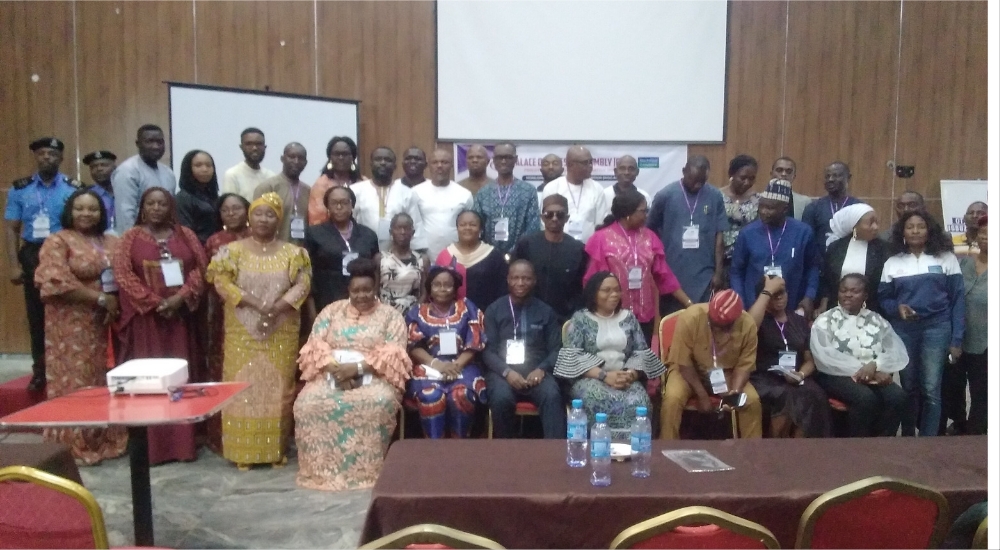‘We’re Gang Of Robbers Without Justice’ — Professor Highlights Consequences Of Corruption, Marginalisation
Samuel Zalanga, a professor of Sociology at the Department of Sociology and Reconciliation Studies, Bethel University, Minnesota, United States, has outlined some consequences of corruption to Nigeria.
The professor outlined these consequences in a presentation titled: “Beyond corruption: Pentecostals Unity For Social Justice Advancement” at a one-day event on transparency and accountability held for Christians in government by Priests Peace & Justice Initiative, the social arm of Palace of Priests Assembly (PPA).
Advertisement

The event held at the De-Silver Green Hotel, Gudu, Abuja.
According to Zalanga, corruption decisively affects service delivery and the provision of public goods.
He said: “It reduces the amount and timeliness of quality and access to public goods in society.
Advertisement
“It reduces the level of investment that ought to be made for the provision of public goods.
“It discourages foreign donors or business partners who would not want to see their money wasted.”
The Sociologist also highlighted that with corruption, the life chances of many people are affected when foreign businesses divest, and foreign donors discontinue to donate.
He also said when institutionalised, corruption promotes exclusive development, instead of inclusive development which in turn leads to tension and resentment.
“It increases the degree of inequality in society between the rich and the poor.
Advertisement
“Corruption leads those marginalised to not recognize the legitimacy of societal structure and power distribution,” he said.
He also explained that according to Benjamin Friedman, when economic growth is exclusive and unequal because of corruption, it has moral consequences in society.
Zalanga said distrust of the state institutions results in the emergence of “irredentist and primordial social movements.”
The Sociologist therefore summarised that without justice, “we are all a gang of robbers, metaphorically speaking.
“We need an interdisciplinary and interdenominational approach to understand corruption and justice.”
He explained that moral and ethical cultivation is a fundamental requirement to controlling corruption.
Advertisement
He also added that Corruption and justice cannot be achieved without effective institutions.
“The church should not take capitalism and the market, especially, in their neoliberal incarnation for granted. They should problematize them and deeply engage them theologically.
“The church cannot embark on a project of transforming the world and advocating for justice without mastering secular approaches to justice and public policy.
“Finally, “A kingdom can survive unbelief” but it cannot survive injustice,” he said.



